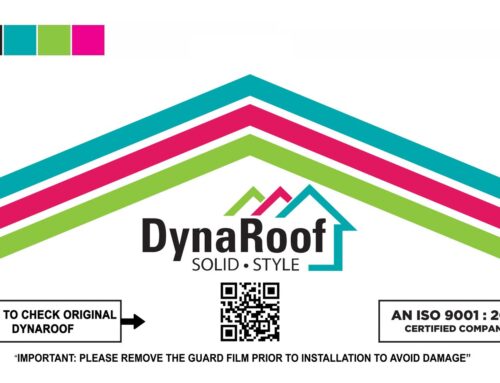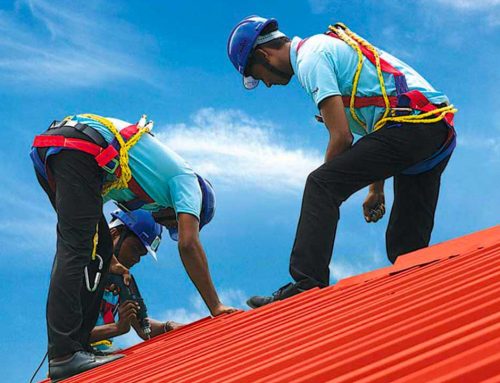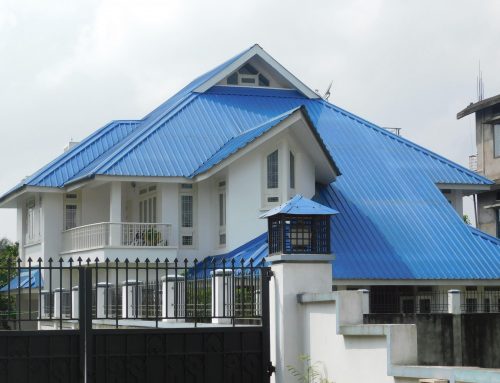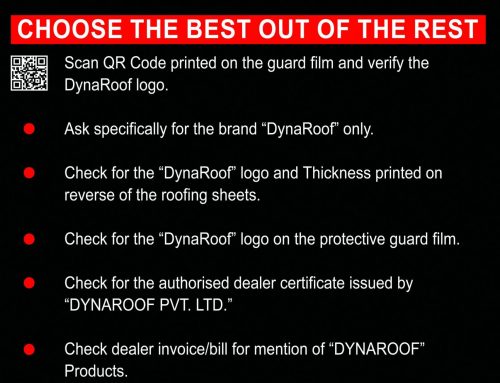One of the most vulnerable parts of your home during a fire is the roof. As the flames and heat begin to build, the roof is often one of the first places that succumb to the damage. However, there are some measures you can take to reduce the risk of fire damage to your roof. In this article, we’ll discuss some of these measures so that you can be better prepared in the event of a fire.
Causes of roof fires
One of the most common causes of roof fires is faulty wiring. This is often due to old, damaged, or improperly installed wiring. If you have any electrical work done on your roof, be sure to hire a licensed and insured electrician.

Measures to Reduce the Risk of Fire Damage to the Roof
Another common cause of roof fires is leaving flammable materials on or near the roof. This includes leaves, branches, and debris from storms. Be sure to keep your roof clear of these materials to help prevent a fire.
Finally, always be sure to follow the manufacturer’s instructions when using any type of flammable material on or near your roof. This includes things like grilling, using a torch to seal a leak, and using fireworks. By following these safety measures, you can help prevent a disaster.
Fire-resistant materials
One measure that can be taken to reduce the risk of fire damage to the roof is to use materials that are resistant to fire. This includes using fire-resistant shingles or tiles, as well as installing a metal roof. Metal roofs are not only resistant to fire, but also provide excellent protection against high winds and hail.
Regular maintenance
As with any other part of your home, it’s important to keep up with regular maintenance on your roof in order to reduce the risk of fire damage. Have a professional roofing contractor inspect your roof at least once a year to look for any signs of wear or damage. They can also clean your gutters and downspouts to ensure that they’re free of debris that could catch fire.
In addition, you should regularly check your attic for any signs of leaks or moisture. If there is any water infiltration, it could lead to the growth of mold or mildew, which could be a fire hazard. Be sure to fix any leaks as soon as possible and keep the area well-ventilated.
Finally, it’s important to have a good understanding of your home’s electrical system and make sure that all wiring is up to code. If you have any old or damaged wiring, it’s best to have it replaced by a professional. Regularly checking for frayed or exposed wires can help prevent an electrical fire from starting in your home.
Emergency preparedness
When it comes to protecting your home from fire damage, the roof is one of the most vulnerable areas. Fortunately, there are a number of measures you can take to reduce the risk of fire damage to your roof.
One of the best ways to protect your roof from fire damage is to ensure that it is properly maintained. Regular cleaning and inspection of your roof will help to identify any potential problems that could lead to a fire. If you notice any damage or wear and tear, be sure to have it repaired as soon as possible.
In addition to maintaining your roof, you should also take steps to protect it from embers and sparks. If you live in an area prone to wildfires, consider installing ember-resistant vents and spark arrestors on your roof. These devices can help to prevent embers and sparks from entering your home and igniting a fire.
Finally, it is important to have an emergency plan in place in case a fire does break out. Be sure that all members of your household know how to safely evacuate the premises and where to meet up once they are outside. By taking these precautions, you can help to minimize the risk of fire damage to your roof and keep your family safe in the
Conclusion
There are a number of measures that can be taken to reduce the risk of fire damage to the roof. One of the most important is to ensure that the roof is properly ventilated. This will help to prevent any buildup of heat or combustible materials on the roof which could lead to a fire. Another measure that can be taken is to use fire-resistant materials for the roofing, such as metal or concrete. Finally, it is also important to have an effective fire suppression system in place in case a fire does break out.






Leave A Comment